Write the names and strcutures of the products in the following reactions :
(i) Reaction of Grignard reagent with formaldehyde.
To solve the question regarding the reaction of a Grignard reagent with formaldehyde, we will follow these steps:
1. Identify the Reactants:
- The Grignard reagent we will use is methylmagnesium chloride (CH₃MgCl).
- The aldehyde we are reacting with is formaldehyde (HCHO).
2. Write the Structure of Formaldehyde:
- Formaldehyde has the structure:
O∣∣H−C−H
3. Mechanism of Reaction:
- The carbon in the carbonyl group (C=O) of formaldehyde is electrophilic, while the carbon in the Grignard reagent (CH₃⁻) is nucleophilic.
- The nucleophilic carbon from the Grignard reagent attacks the electrophilic carbon of the carbonyl group, leading to the formation of a tetrahedral intermediate.
4. Formation of the Tetrahedral Intermediate:
- The reaction can be represented as follows:
O∣∣H−C−H+CH₃MgCl→(H−C−(MgCl)(CH₃)−OH)
- This intermediate has a magnesium atom bonded to the oxygen atom and the alkyl group (CH₃) attached to the carbon.
5. Hydrolysis of the Intermediate:
- The tetrahedral intermediate undergoes hydrolysis when treated with water or dilute acid, resulting in the formation of a primary alcohol.
- The hydrolysis can be represented as:
(H−C−(MgCl)(CH₃)−OH)+H₂O→CH₃CH₂OH+Mg(OH)Cl
6. Final Product:
- The final product of this reaction is ethanol (CH₃CH₂OH).
- The structure of ethanol is:
HH||H−C−C−OH||HH
Summary of the Reaction:
- The reaction of methylmagnesium chloride with formaldehyde yields ethanol as the product.
Final Answer:
- Product Name: Ethanol
- Product Structure:
HH||H−C−C−OH||HH
- The Grignard reagent we will use is methylmagnesium chloride (CH₃MgCl).
- The aldehyde we are reacting with is formaldehyde (HCHO).
- Formaldehyde has the structure:
O∣∣H−C−H
- The carbon in the carbonyl group (C=O) of formaldehyde is electrophilic, while the carbon in the Grignard reagent (CH₃⁻) is nucleophilic.
- The nucleophilic carbon from the Grignard reagent attacks the electrophilic carbon of the carbonyl group, leading to the formation of a tetrahedral intermediate.
- The reaction can be represented as follows:
O∣∣H−C−H+CH₃MgCl→(H−C−(MgCl)(CH₃)−OH)
- This intermediate has a magnesium atom bonded to the oxygen atom and the alkyl group (CH₃) attached to the carbon.
- The tetrahedral intermediate undergoes hydrolysis when treated with water or dilute acid, resulting in the formation of a primary alcohol.
- The hydrolysis can be represented as:
(H−C−(MgCl)(CH₃)−OH)+H₂O→CH₃CH₂OH+Mg(OH)Cl
- The final product of this reaction is ethanol (CH₃CH₂OH).
- The structure of ethanol is:
HH||H−C−C−OH||HH
- The reaction of methylmagnesium chloride with formaldehyde yields ethanol as the product.
- Product Name: Ethanol
- Product Structure:
HH||H−C−C−OH||HH
Similar Questions
Write the products of the following reactions:
(i)
View SolutionWrite the products of the following reactions :
(i)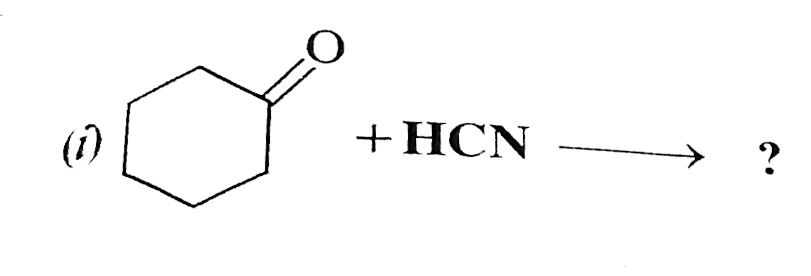
View SolutionWrite the products of the following reactions:

View SolutionWrite the product of the following reaction

View SolutionWrite the product of the following reactions

View SolutionWrite the products of the following reaction:

View SolutionWrite the structures of the main products in the following reactions :
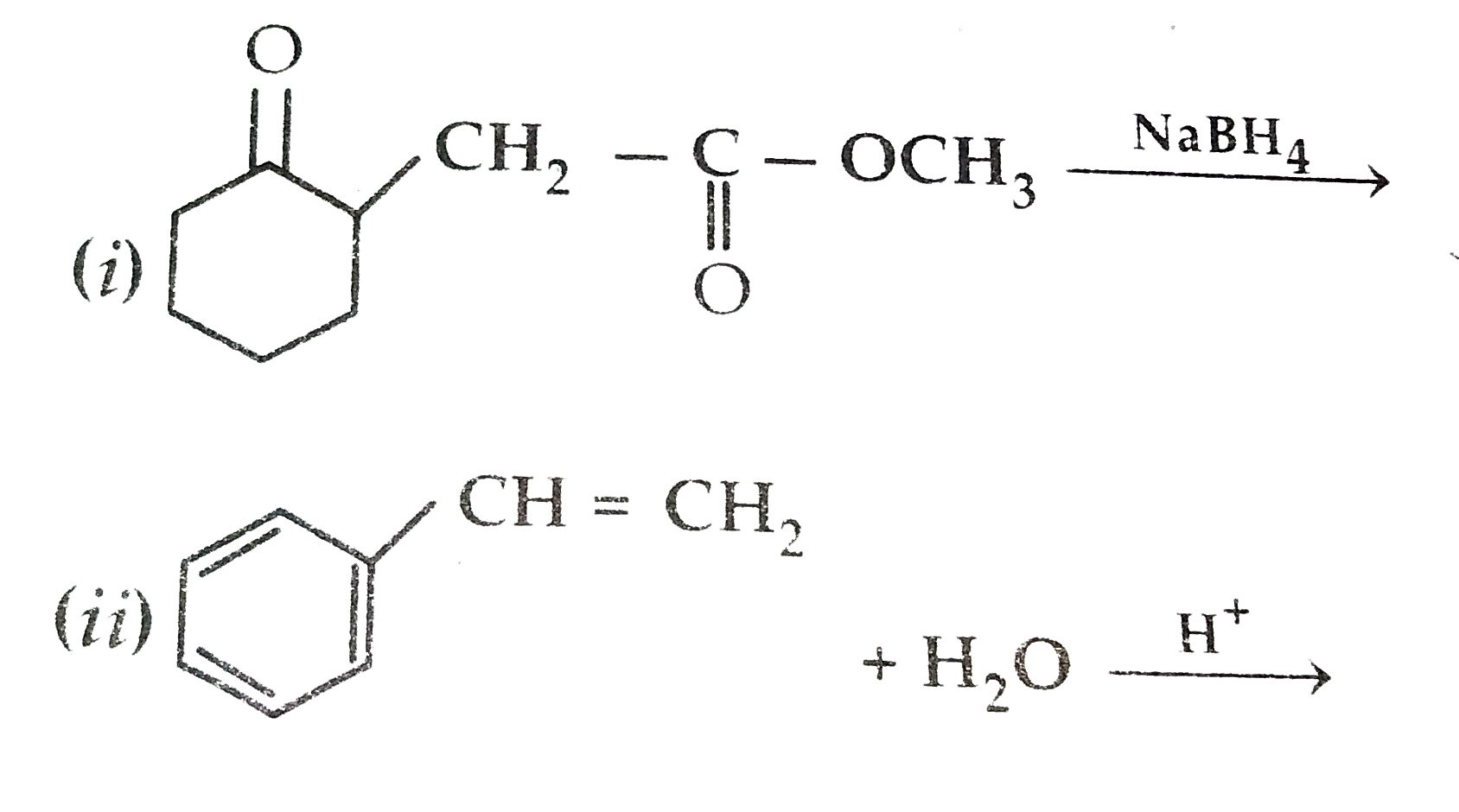
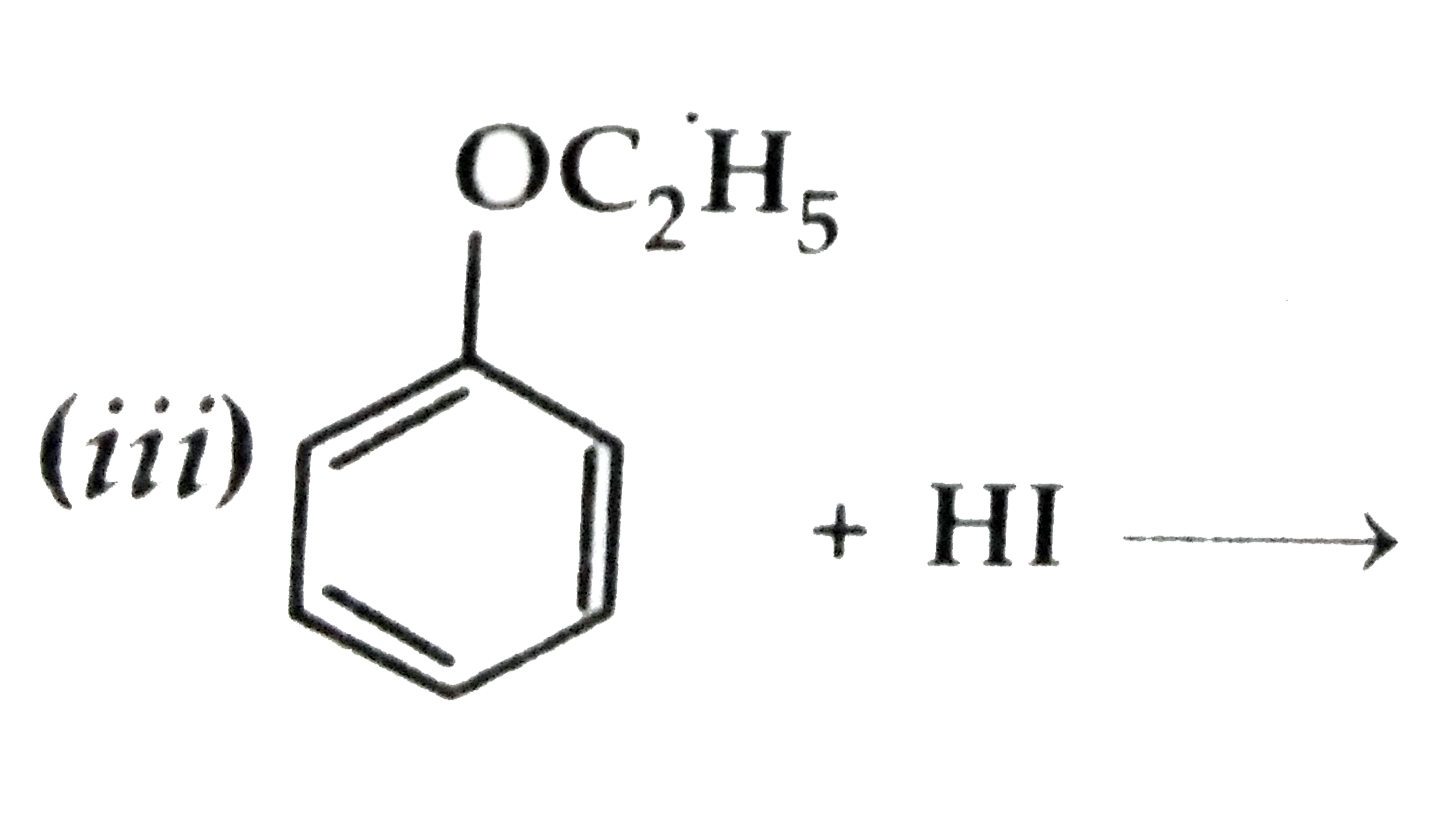
View SolutionWrite the product of following reactions :
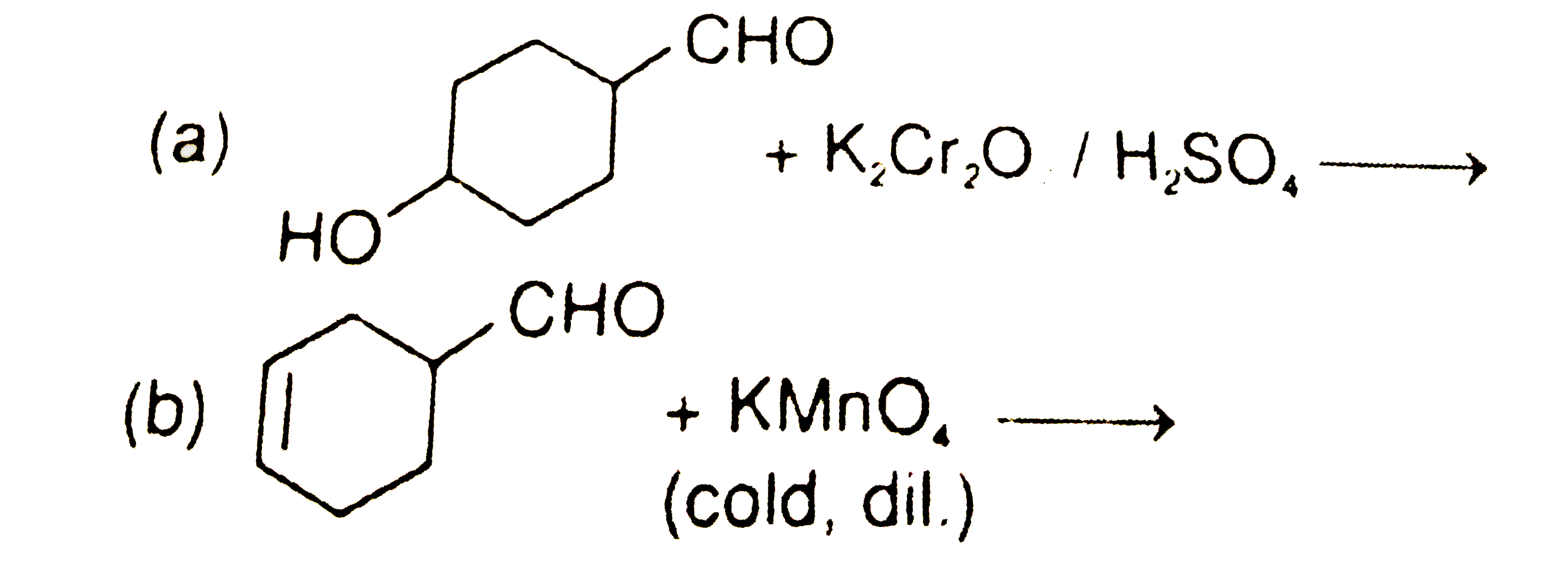
View SolutionWrite the products of following reactions
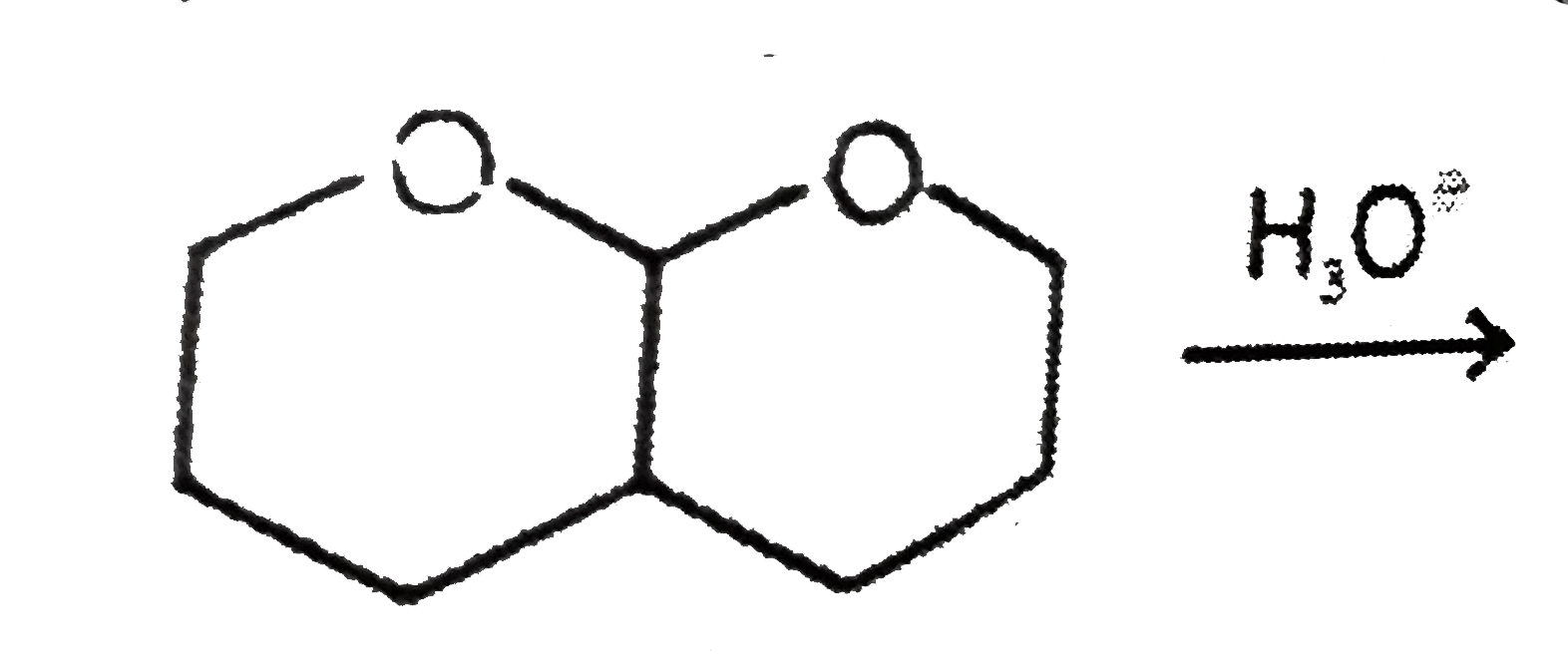
View SolutionWrite the product of following reaction

View Solution
